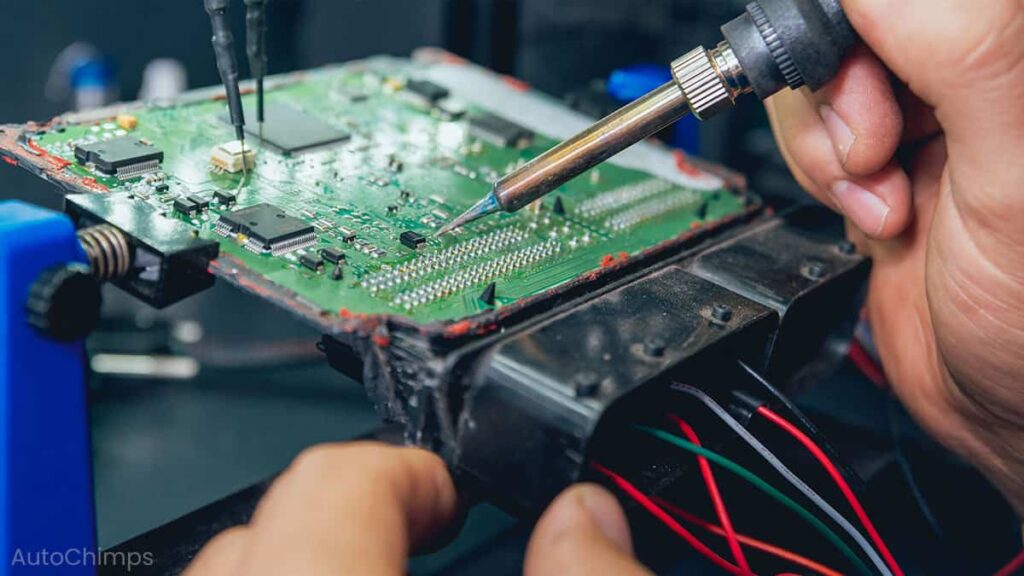

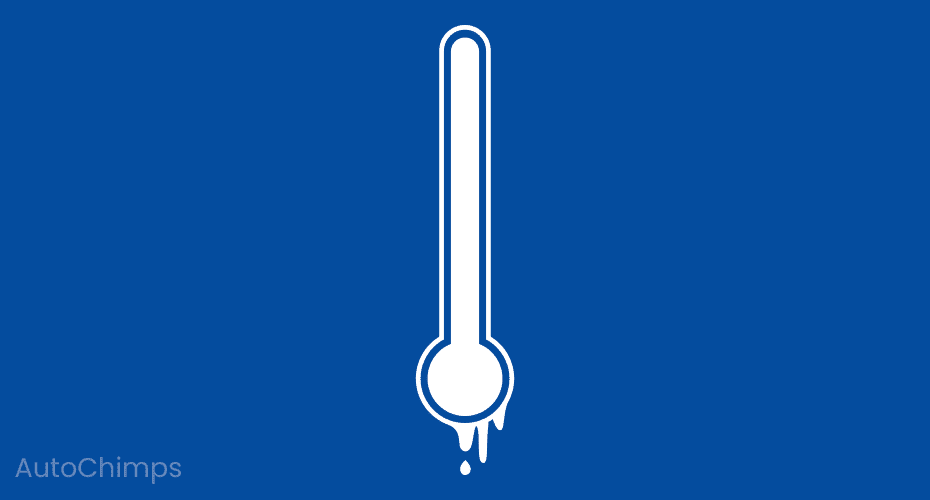
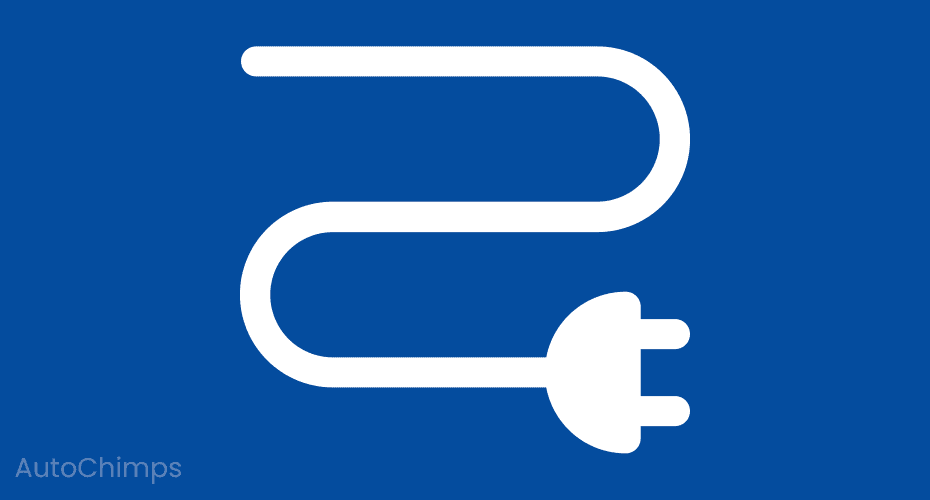

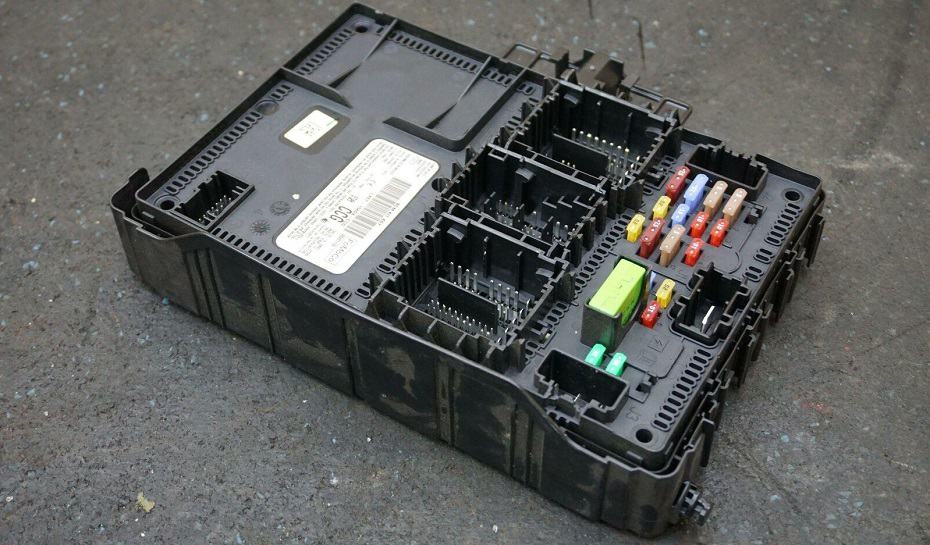
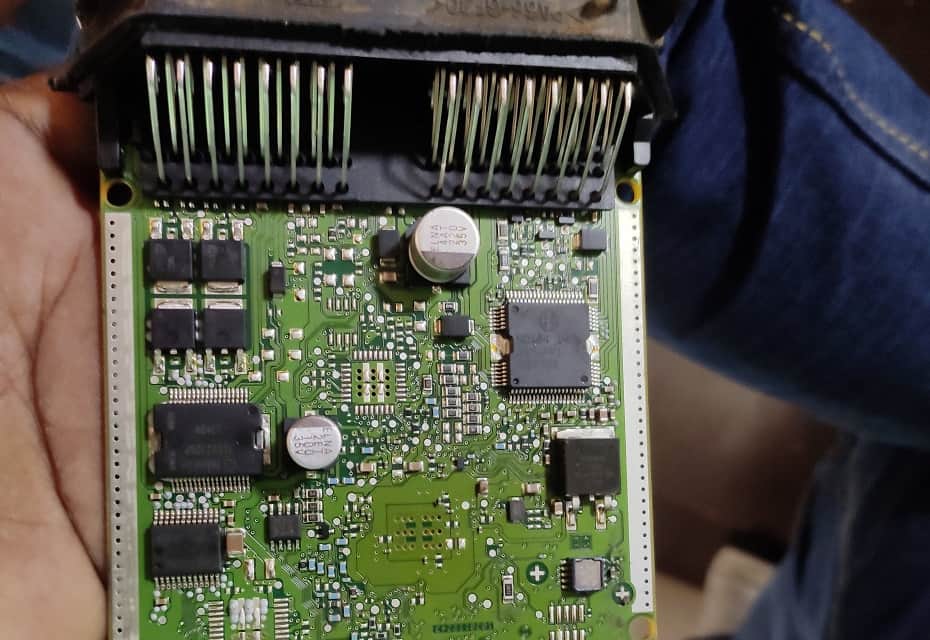
Understanding the ECU: What Happens When It Fails?
The Electronic Control Unit (ECU) isn’t just a single box anymore; it’s a whole network of modules working together. Modern cars rely heavily on these systems for better performance, fuel efficiency, and fewer headaches. But when things go south, it’s usually not a DIY fix. Let’s dive into why ECUs fail and what to watch out for.
What Happens When an ECU Fails?

When an ECU starts to fail, it rarely just quits on the spot. Instead, it might act up, leading to weird issues like poor fuel economy, random alarm triggers, or flickering lights. For more on the signs of a faulty ECU, check out detailed resources.
The main culprits behind ECU malfunctions are:
- Moisture
- Electrical overloads
- Overheating
- Poor electronic design
Often, the circuit board either breaks or short circuits, disrupting the electrical flow. In extreme cases, an overheating ECU can even spark a fire. If that happens, it’s best to let the pros handle it—safety first!
Moisture: The Silent Killer

Water and electronics don’t mix. Control modules are designed to keep moisture out, but sometimes, water finds a way in. This can happen due to:
- Tampering with the ECU
- Accidental modifications
- Physical damage from accidents
- Manufacturing defects
- Using non-OEM parts
Once water gets in, it can mess with the circuit or create copper dendrites, leading to short circuits and sparks. Bottom line: keep water away from the ECU!
Electrical Overloads: Too Much Juice

Modern cars are packed with electronics, and managing electrical currents is no small feat. Every system experiences fluctuations, known as electrical transients. If the ECU isn’t protected against these spikes, it can suffer serious damage.
To minimize risk, always use external devices according to the manufacturer’s guidelines. A little caution goes a long way!
Overheating: When Things Get Too Hot

Heat is the enemy of electronics. If an ECU overheats, it can lead to performance issues or even shut down to prevent fires. Common causes include design flaws, physical damage, or faulty connections.
Overheating can cause solder joints to fail, leading to a shorter lifespan for the ECU. Keep an eye on performance; if it starts to lag, it might be time for a check-up.
Poor Electronic Design: A Recipe for Disaster

A poorly designed circuit board can lead to failure. This could stem from the manufacturer or from aftermarket modifications. Issues might include:
- Weak protection against moisture and overloads
- Defective components
- Poor solder joints
- Bad connections or wiring
Sometimes, it’s a combination of factors that leads to an ECU’s downfall.
Other Causes of ECU Failure

There are countless reasons an ECU can fail, many of which fit into the categories already discussed. Other factors include:
- Materials used for circuit board tracks
- The type of solder and its application
- Where the module is located in the vehicle
- Orientation of the control box
- Circuit node impedance
What to Do If the ECU Goes Bad

Figuring out why an ECU has gone bad can be tricky without tearing it apart. A skilled mechanic will check for signs of the issues mentioned earlier. Sometimes, they might suggest design tweaks for a new unit, but often it’s just a matter of replacing the ECU.
If there are signs of a defective module, it’s worth checking for service bulletins. Manufacturers might cover certain flaws for free. If not, a trip to an automotive electrician is in order, and repairs can run up to $1,000, including labor.
And remember: tampering with the ECU or any control modules is a no-go. It usually leads to more trouble than it’s worth.

